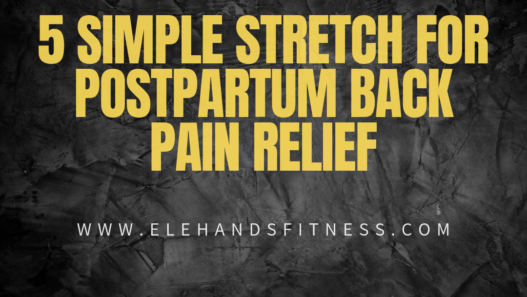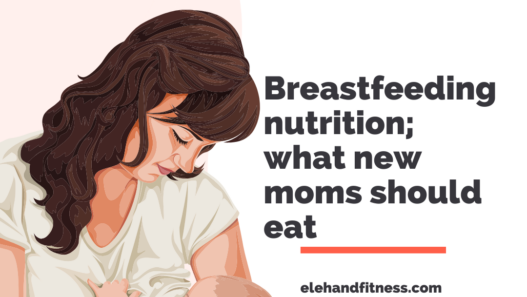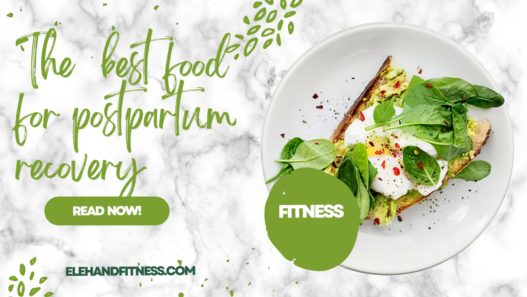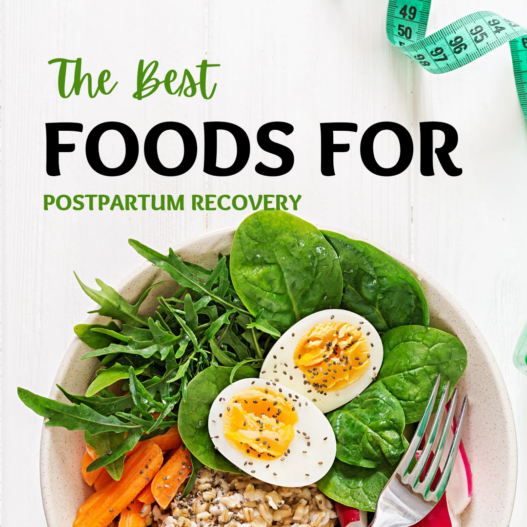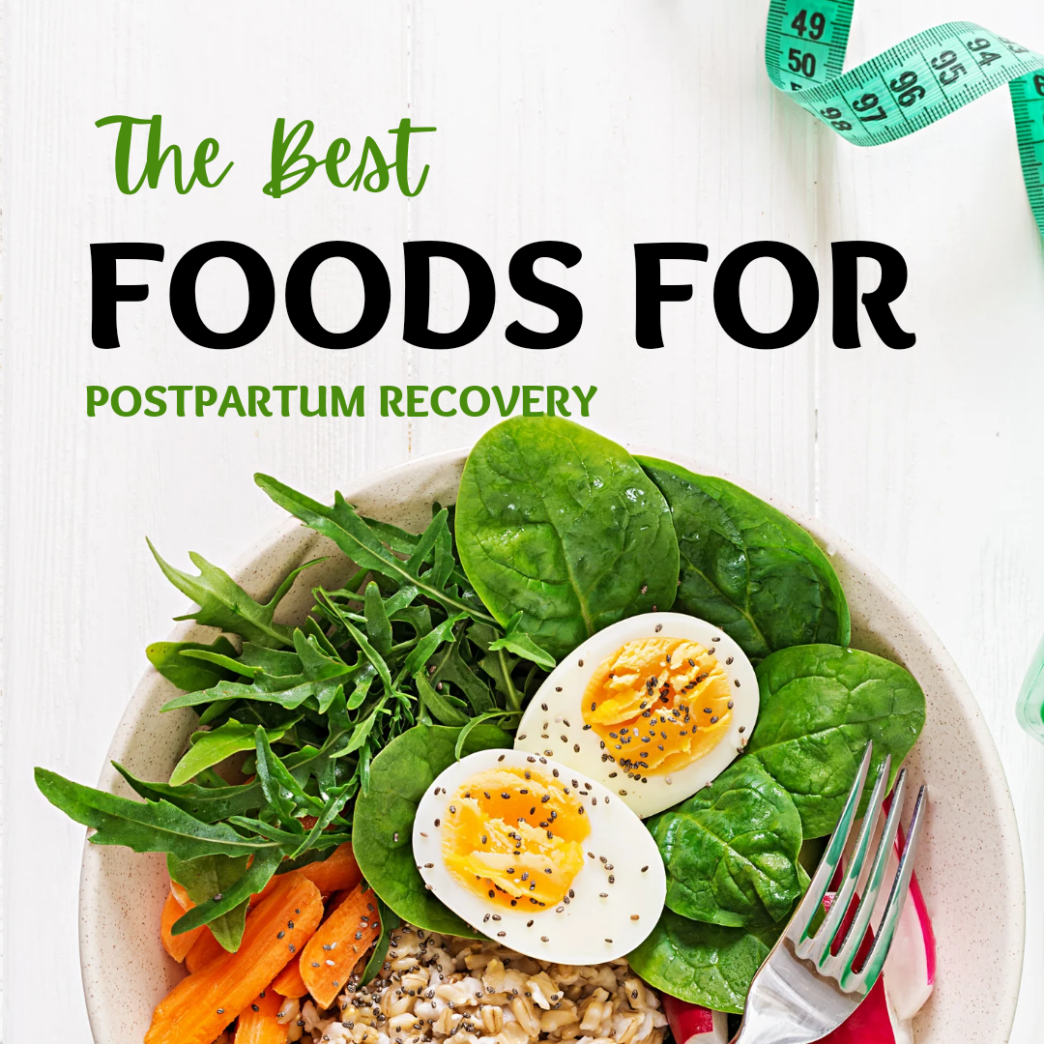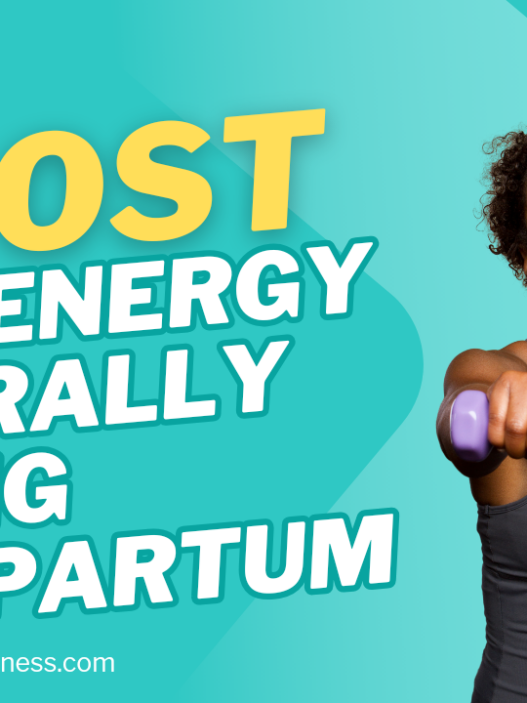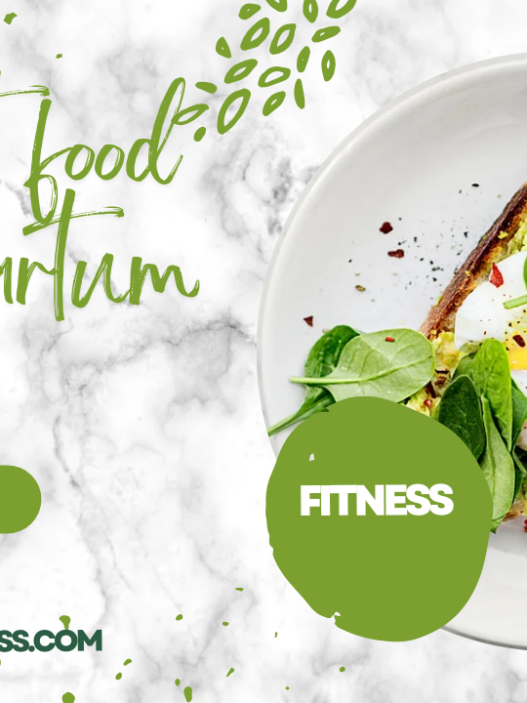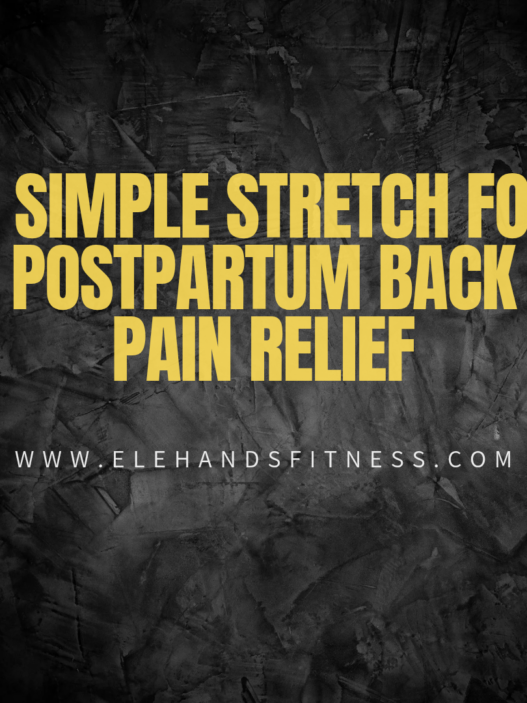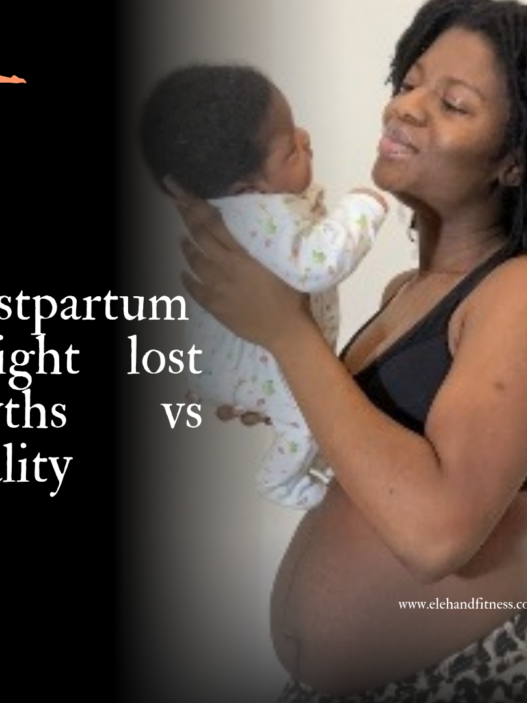The Best Foods for Postpartum Recovery
Postpartum recovery is a time for healing, nourishment, and rebuilding your body after the incredible journey of childbirth. The foods you eat during this period play a vital role in boosting energy, aiding recovery, and supporting breastfeeding if you’re nursing. Here’s a guide to the best foods for postpartum recovery to help you feel your best.
- Protein-Rich Foods
Protein is essential for tissue repair and muscle recovery after childbirth.
Examples: Lean meats (chicken, turkey), eggs, fish (like salmon or mackerel), beans, lentils, tofu, and nuts.
Why it helps: Protein supports wound healing, restores muscle tone, and provides long-lasting energy.
- Iron-Rich Foods
Childbirth often leads to blood loss, making iron-rich foods crucial for replenishing your levels and preventing postpartum anemia.
Examples: Spinach, kale, red meat, poultry, fortified cereals, lentils, and beans.
Tip: Pair iron-rich foods with vitamin C sources (e.g., oranges, bell peppers) to improve absorption.
- Healthy Fats
Healthy fats are essential for energy, hormone regulation, and supporting brain health, both for you and your baby if you’re breastfeeding.
Examples: Avocados, nuts, seeds (flaxseeds, chia seeds), olive oil, and fatty fish like salmon.
Why it helps: Omega-3 fatty acids, particularly DHA, are crucial for your baby’s brain development and can help combat postpartum depression.
- Whole Grains
Complex carbohydrates provide a steady source of energy and help stabilize blood sugar levels.
Examples: Brown rice, quinoa, oats, whole-grain bread, and sweet potatoes.
Why it helps: They keep you full longer, preventing energy crashes while supporting milk production.
- Calcium-Rich Foods
Calcium is essential for bone health, especially if you’re breastfeeding, as your body uses calcium stores for milk production.
Examples: Dairy products (milk, cheese, yogurt), fortified plant-based milks, almonds, kale, and broccoli.
Why it helps: Helps rebuild bone strength and supports your baby’s skeletal development.
- Hydrating Foods and Fluids
Staying hydrated is critical for postpartum recovery and milk production.
Examples: Water, herbal teas, soups, coconut water, cucumbers, and watermelon.
Why it helps: Proper hydration aids digestion, energy levels, and milk supply.
- Vitamin C-Rich Foods
Vitamin C boosts your immune system and promotes collagen production for wound healing.
Examples: Oranges, strawberries, bell peppers, tomatoes, and kiwi.
Why it helps: Speeds up recovery and enhances iron absorption.
- Fiber-Rich Foods
Constipation is common postpartum, especially after a c-section or with iron supplements. Fiber-rich foods can help.
Examples: Fruits (apples, pears), vegetables (broccoli, carrots), whole grains, beans, and chia seeds.
Why it helps: Improves digestion and prevents constipation, making bowel movements easier.
- Foods Rich in Collagen
Collagen supports skin elasticity, joint health, and wound healing.
Examples: Bone broth, chicken skin, fish skin, eggs, and foods high in vitamin C (which helps your body produce collagen).
Why it helps: Promotes faster healing of scars or tears from childbirth.
- Herbal and Lactation-Boosting Foods
If you’re breastfeeding, certain foods can enhance milk production and support your lactation journey.
Examples: Oats, fenugreek, fennel seeds, brewer’s yeast, flaxseeds, and almonds.
Why it helps: These galactagogues may increase milk supply and provide essential nutrients for you and your baby.
- Postpartum Superfoods
Some nutrient-dense foods are particularly beneficial during postpartum recovery.
Salmon: Rich in omega-3 fatty acids for brain health and mood regulation.
Turmeric: An anti-inflammatory spice that aids in recovery.
Eggs: A versatile source of protein and healthy fats.
Greek Yogurt: High in protein, calcium, and probiotics for gut health.
Dark Chocolate: Rich in magnesium and antioxidants to help combat stress and fatigue.
Tips for Postpartum Nutrition
- Eat frequent, small meals: Helps maintain energy levels throughout the day.
- Plan ahead: Prepare meals in advance or ask for help from family and friends.
- Listen to your body: Eat when you’re hungry, and don’t stress about portion sizes.
- Avoid processed foods: Stick to whole, nutrient-dense options to support recovery.
Final Thoughts
Your postpartum body needs care, nourishment, and time to heal. Incorporating these nutrient-rich foods into your diet will not only help your recovery but also support your energy, mood, and overall well-being. Remember, a healthy mom means a healthy baby.
Would you like recipes or meal prep tips tailored to postpartum recovery?



